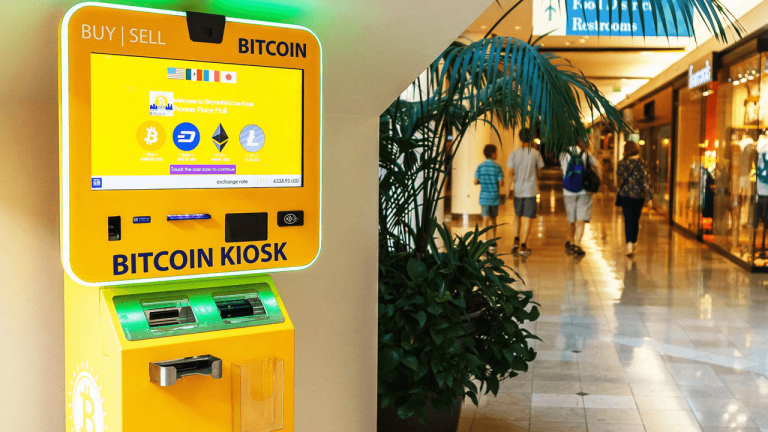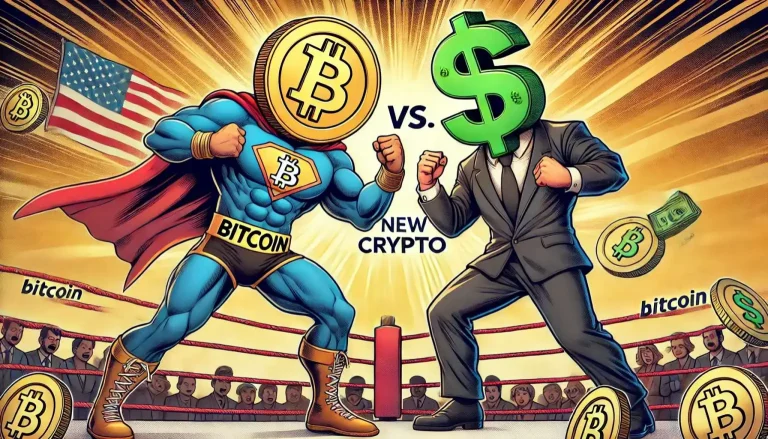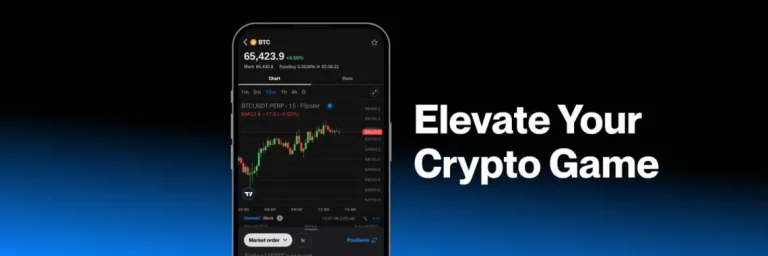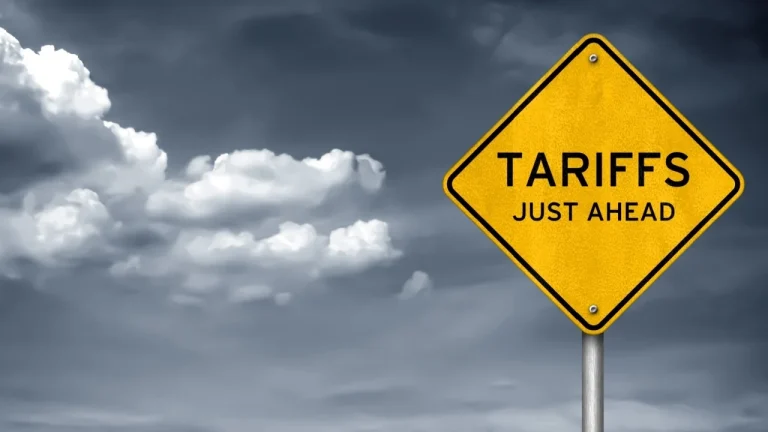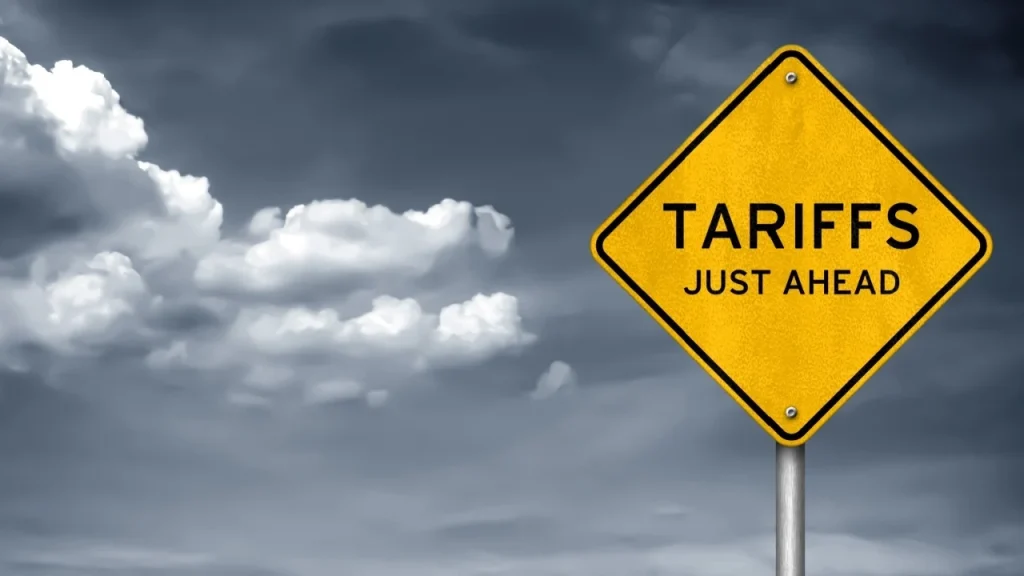
The geopolitical landscape of Latin America has long been shaped by U.S. foreign policy, with economic sanctions being a preferred tool to exert pressure on governments deemed adversarial. Former U.S. President Donald Trump’s secondary tariff strategy against Venezuela represents one of the most aggressive economic measures taken against the country, prompting analysts to compare it to “killing a fly with a nuke.”
But what does this strategy entail, and how has it affected Venezuela’s economy, its people, and international trade relations? Let’s dive into the details.
Understanding Trump’s Secondary Tariff Strategy
In a bid to cripple Venezuela’s oil-dependent economy, the Trump administration escalated economic sanctions beyond direct bans on Venezuelan crude exports. The strategy involved secondary tariffs, which punished third-party countries and companies for engaging in trade with Venezuela.
Key Elements of the Strategy:
🔹 Sanctions on Foreign Entities – Companies from China, India, and Russia were penalized for importing Venezuelan oil.
🔹 Financial Restrictions – Banks handling transactions linked to Venezuela faced heavy fines and were cut off from the U.S. financial system.
🔹 Trade Isolation – The U.S. pressured Latin American allies to sever economic ties with Nicolás Maduro’s government.
While the stated goal was to force regime change by suffocating the government’s financial resources, the collateral damage on Venezuelan citizens and regional economies was profound.
Economic Fallout: A Crisis Deepens
The impact of these secondary tariffs exacerbated Venezuela’s already fragile economy, which had been struggling under existing sanctions.
📉 Oil Exports Plunged – Venezuela, once a top global oil producer, saw its crude output crash as traditional buyers pulled out.
💰 Hyperinflation Worsened – The loss of revenue deepened the currency crisis, leading to higher inflation and economic instability.
🚨 Humanitarian Crisis Expanded – Shortages of essential goods like food and medicine became even more severe, forcing millions to flee the country.
Instead of directly toppling the Maduro regime, the secondary tariffs crippled Venezuelan businesses and citizens more than the government itself.
International Reactions: Backlash and Defiance
Trump’s maximum pressure campaign faced backlash from global actors who viewed it as economic overkill.
🇨🇳 China and Russia Strengthened Support – Beijing and Moscow increased economic cooperation with Venezuela, bypassing U.S. sanctions through alternative payment systems.
🇪🇺 Europe Criticized the Move – The EU labeled the tariffs excessive and harmful, pushing for diplomatic solutions instead.
🌎 Latin American Neighbors Struggled – Countries like Colombia, Brazil, and Ecuador saw an influx of Venezuelan refugees, straining their economies.
Despite U.S. efforts, Maduro remained in power, leveraging alternative trade channels and deepening ties with U.S. rivals.
Did the Strategy Backfire?
Rather than achieving a swift collapse of Maduro’s rule, the strategy had unintended consequences:
❌ Strengthened Maduro’s Control – Sanctions allowed the government to blame the U.S. for Venezuela’s hardships, solidifying domestic political support.
❌ Alienated Allies – Even some U.S. allies saw the measures as counterproductive, as they hurt Latin American economies relying on Venezuelan trade.
❌ Encouraged De-Dollarization – The heavy-handed approach pushed countries like China and Russia to seek alternatives to the U.S. dollar, weakening U.S. global financial dominance.
By trying to “kill a fly with a nuke,” the Trump administration may have caused more damage to Venezuelan civilians than to Maduro’s regime, raising questions about the effectiveness of extreme economic sanctions as a political weapon.
Final Thoughts: A Failed Experiment in Economic Warfare?
Trump’s secondary tariff strategy amplified Venezuela’s economic crisis, but it failed to achieve its ultimate goal of toppling the government. Instead, it contributed to a greater humanitarian disaster, strained U.S.-Latin American relations, and emboldened geopolitical rivals.
As the Biden administration reassesses U.S. policy toward Venezuela, the big question remains: Will heavy sanctions ever bring about the political change Washington desires, or are they simply punishing ordinary people caught in the crossfire?
